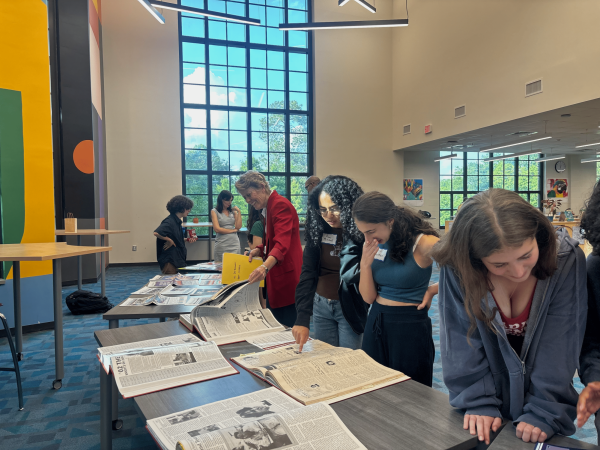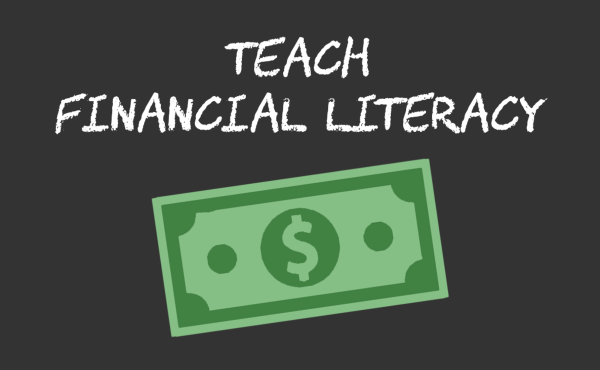Weekly advisement wastes time on irrelevant skills
By Lauren Silcock
Comment
Every Wednesday, after their first period class, Grady students settle into their assigned classrooms for an hour of “Advisement.” This class is intended to assist students in their everyday school lives, as well as providing them with skills required for the future.
However, this class is sorely misguided. The class spends hours teaching trivial and irrelevant skills, such as learning how to properly shake hands. While this skill is a useful one, it does not require an entire class period to learn.
Ridiculous topics such as this may be the reason that so many students choose to skip this period. During Advisement, more students can be found skulking in corridors or chatting in bathrooms than actually in the class. The class is generally viewed as a joke due to its unnecessarily mundane topics.
This time period could instead be spent preparing students with skills that they may actually use in their lives. These skills could include cooking, time management, cleaning, giving a good job interview, managing finances, and other important everyday activities. According to a survey published in the Chicago Tribune newspaper, only 28 percent of parents require that their children complete chores. This leaves the majority of the teenage population unfamiliar with simple tasks, such as laundering sheets.
A similar study published in the Daily Mail newspaper determined that a third of university students cannot even boil an egg properly, and 23 percent are unsure of how to make their bed in the morning.
These shortcomings could be easily remedied with a class that teaches basic life skills. Classes such as these are typically known as Home Economics.
Home Economics was removed from schools nationwide due to its sexist implications and unfair portrayal of women as the stay-at-home mom. However, a newer version of this class would not be sexist at all; teaching the same skills to all students with no emphasis on gender.
Another possible use for the Advisement period is interest-based classes. In place of Advisement, students could attend classes of their choice on a variety of subjects. These subjects might include cooking classes, school sports or even certain clubs. If a student enjoys debate, they could attend a class centered around debate. If a student wishes to participate in their sports, the coaches may use the time to schedule team practices. Should a student require time to work, they may attend a study hall.
If students are able to select what they will be learning, they are much more likely to attend the period. This may help discourage students from skipping, and keep a larger number of kids in class.
This period could also be used as a tutoring period. It will be beneficial for students to have weekly access to tutors for specific subjects they may be struggling with. Studies by Columbia University have shown that students perform significantly better after studying with a private tutor, especially in the math department. Tutors could be teachers, parent volunteers, or hired from other corporations. Regardless, students will benefit from their presence.









